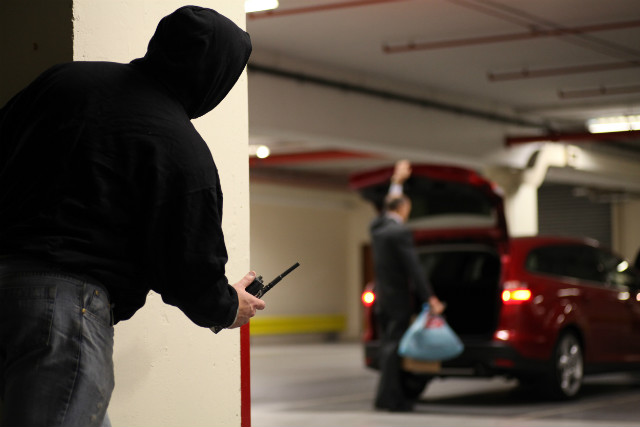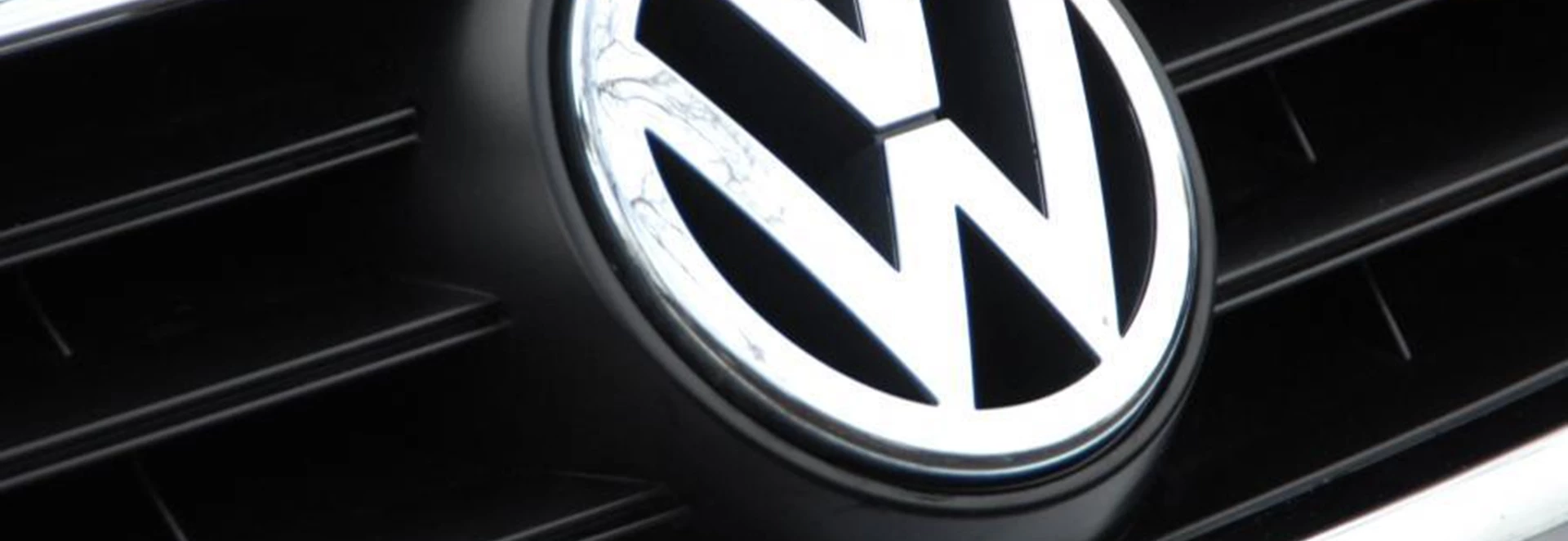Reports on a recent study say that a significant proportion of the 100 million Volkswagen Group cars sold between 1995 and 2016 can be unlocked remotely by hackers.
Affected cars include those from not just the VW brand but also the VW-owned Audi, SEAT and Skoda brands. Two separate methods of hacking the affected models have been mentioned in a paper by researchers including members of the University of Birmingham.
Methods of hacking lock signal revealed
One way a hacker can unlock the affected car is using a radio which can be made for £30 with a small control board and a radio receiver. Such a device can intercept the unique signal given off by each car’s key fob when it’s used to lock or unlock a vehicle. This signal can then be used to clone the key and access the same vehicle.

The other method of hacking revealed, which is more complex, involves using a radio device to rapidly read a string of the coded signals given off by a driver's key fob in order to crack the cryptography and mimic the key.
The published paper put the number of vulnerable cars at around 100 million; nearly 10 times the number of cars believed to be affected by the ongoing VW emissions scandal.
The researchers do point out that for many cars “the alarm will trigger after a while if the car doors or the trunk are mechanically opened, unless the immobiliser is disarmed with the original key.”
Volkswagen responds
In response to the researchers’ findings, VW said: “The bar for theft prevention is constantly being raised, but nonetheless there is ultimately no 100 per cent security.
“Volkswagen’s electronic and mechanical security measures are always state-of-the-art technology, and Volkswagen also offers innovative technologies in this field that are constantly further developed.”




